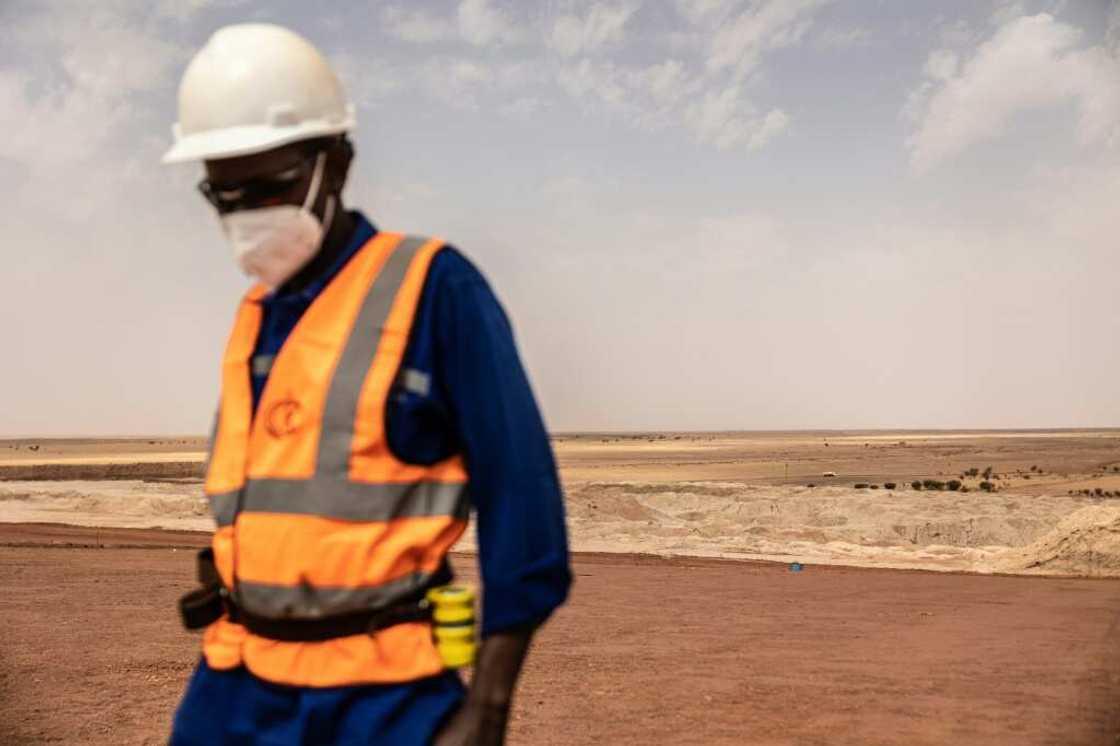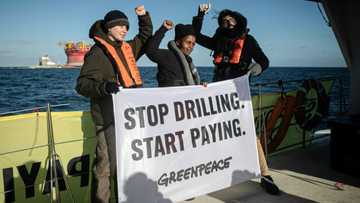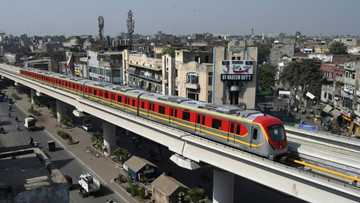Niger coup raises questions about uranium dependence

Source: AFP
The military coup in Niger last week raises the question of Europe's dependency on uranium mined in the West African nation for its nuclear power plants.
France's nuclear fuel firm Orano, formerly part of Areva, operates a uranium mine in the north of the country, employing some 900 mostly Nigeran staff.
The company said last week that it was monitoring the situation closely but that the seizure of power by the military had not for the moment affected the delivery of uranium supplies.
Niger accounts for only a small percentage of global production of natural uranium.
In 2021, it produced 4.7 percent of the world's total, far behind Kazakhstan at 45.2 percent, according to Euratom Supply Agency (ESA), which ensures Europe's supply of nuclear materials.
"In 2022, Niger was second largest supplier of natural uranium to the EU, with share of 25.38 percent," ESA told AFP.
PAY ATTENTION: Сheck out news that is picked exactly for YOU ➡️ find the “Recommended for you” block on the home page and enjoy!
"Kazakhstan, Niger, and Canada were the top three countries delivering natural uranium, providing 74.19 percent of the total," it added.
The European Union said Tuesday the bloc was not at risk of supply problems due to the coup.
"EU utilities have sufficient inventories of natural uranium to mitigate any short-term supply risks and for the medium and long term there are enough deposits on the world market to cover the EU needs," European Commission spokesman Adalbert Jahnz said.

Source: AFP
For France, which operates 56 reactors that provide more than two-thirds of the nation's electricity, Niger was the number three source during the 2005-2020 period, accounting for 19 percent of the total, behind Kazakhstan and Australia.
For uranium, Niger "is no longer the strategic partner of Paris as it was in the 1960s or 1970s", said Alain Antil, head of the Sub-Saharan African centre at the French Institute for International Relations (IFRI).
Stockpiling
France's energy transition ministry said the situation in Niger doesn't pose any risk for natural uranium supplies as EDF, the operator of France's park of nuclear reactors, has worked to diversify its suppliers, while the foreign ministry said the country's suppliers were "extremely diversified".
According to Teva Meyer, a specialist on the civilian nuclear energy sector at the University of Upper Alsace, said EDF has been working on diversifying its suppliers for the past decade, turning to Central Asian nations such as Kazakhstan and Uzbekistan, as well as Australia.
Having a diverse supplier base has been a long-time recommendation of Euratom Supply Agency.
"The political and economic events in 2021 and early 2022 seriously impacted the global nuclear market and highlighted the relevance and urgency of ESA recommendations" concerning the diversification of suppliers, the head of the agency, Agnieszka Ewa Kazmierczak, wrote last year in the introduction to ESA's annual report.
"Overall, deliveries of natural uranium to EU utilities are well diversified, but several utilities buy their natural uranium from one supplier only," said the report.
EDF has also adopted a policy to keep on hand several years' worth of supplies and to develop the recycling of used nuclear fuel, according to the energy transition ministry.
"We have three years of enriched fuel in France so there is no supply risk," said Nicolas Goldberg, an energy expert at Colombus Consulting.
University of Upper Alsace's Meyer said that from the moment natural uranium is mined to it is burned in a reactor several years can elapse as it passes through the numerous stages of processing.
To be burned as fuel in a nuclear reactor, natural uranium needs to be purified, transformed and then enriched.
"France, like Europe, has strategic stocks of uranium at all stages of transformation equivalent to two years of consumption," said Meyer.
Source: AFP





